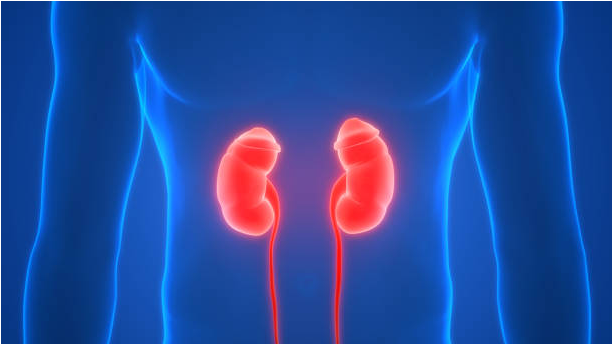
What do nephrologists treat? Conditions and when to see one?
As you know, everyone has two kidneys that are located below the ribcage. The functions of the kidneys include maintaining the electrolyte balance of the body. They also remove excess fluid and waste from the blood. But have you heard of the term “nephrology”?
Well, nephrology focuses on the treatment of kidney diseases and a nephrologist is the type of doctor specializing in kidney diseases. The other names commonly used by people are kidney doctor or nephrology doctor. Well, they are also very knowledgeable when it comes to the functioning of the kidneys.
Some kidney diseases can cause dysfunction and affect the other parts of the body, which can be recognized by them immediately. Your primary care doctor can consult and treat the early stages of the disease, but a nephrologist can treat complex or serious conditions of the kidney. You can read further to know more about the nephrologist and the conditions they treat.
The education and training of the nephrologists
In order to become a nephrologist, you have to study in a medical school. After completing the relevant degree, you will receive further education and training under the supervision of senior doctors.
Conditions treated by nephrologists.
As mentioned earlier, nephrologists treat people who are affected by kidney disorders. Below listed are some of them.
1.Kidney stones: They are also called renal calculi and nephrolithiasis. The stones are made of minerals and salts, and they are formed inside the kidneys. Excess body weight, diet, certain medical conditions, and consuming certain medicines and supplements can result in kidney stones. Although the urologist treats kidney stones, a nephrologist can treat them too.
The symptoms include severe pain in the side and back, burning sensation while urinating, pain radiating in the lower abdomen and groin, among others. You might have other signs and symptoms like nausea and vomiting, pink, brown and red urine, and fever and chills. You must see the doctor if you have difficulty passing urine or you have pain accompanied by vomiting.
2.Polycystic kidney diseases: Due to polycystic kidney diseases, countless cysts are formed in the kidneys. They are filled with fluid and can endanger an individual’s life if the cysts are too big. This disease can reduce the function of the kidneys by replacing them. Eventually, it can cause kidney failure among individuals.
It affects the kidneys and the ovaries, liver, spleen, pancreas, and large bowel. In addition to this, it can affect your brain, leading to an aneurysm. Furthermore, it also affects the heart. The symptoms of polycystic kidney diseases include an increase in the size of the abdomen, high blood pressure, blood in urine, and back or side pain, among others.
3.Renal artery stenosis: The function of the renal arteries is to carry oxygen-rich blood to the kidneys so that excess fluid and body waste of the kidneys will be reduced. But what if your renal arteries narrow? Then, renal artery stenosis occurs. The symptoms include an increase of proteins in the urine, edema, fluid retention, decreased kidney function, among others.
The nephrology doctor also treats conditions like kidney failure, kidney cancer, infections in the kidneys, nephrotic syndrome, etc.
When must you see a nephrologist?
As mentioned above, they treat the early stages of kidney diseases. So, you might not show any symptoms. But you might have fatigue and sleep problems. Also, the amount you urinate must have changed. That’s when you need to go to a nephrologist to do regular testing.
You will get to know if you are at risk. Suppose you have advanced chronic disease, a significant amount of blood in the urine, recurring kidney stones, and high blood pressure (though you might be taking medications), in that case, your healthcare provider will refer you to a nephrologist.



